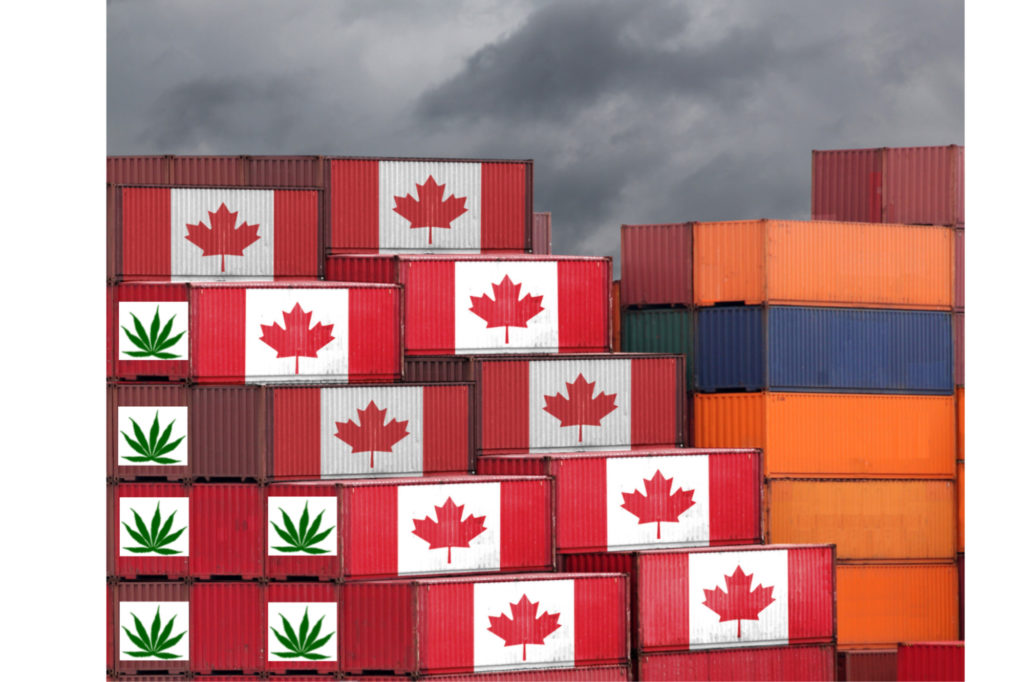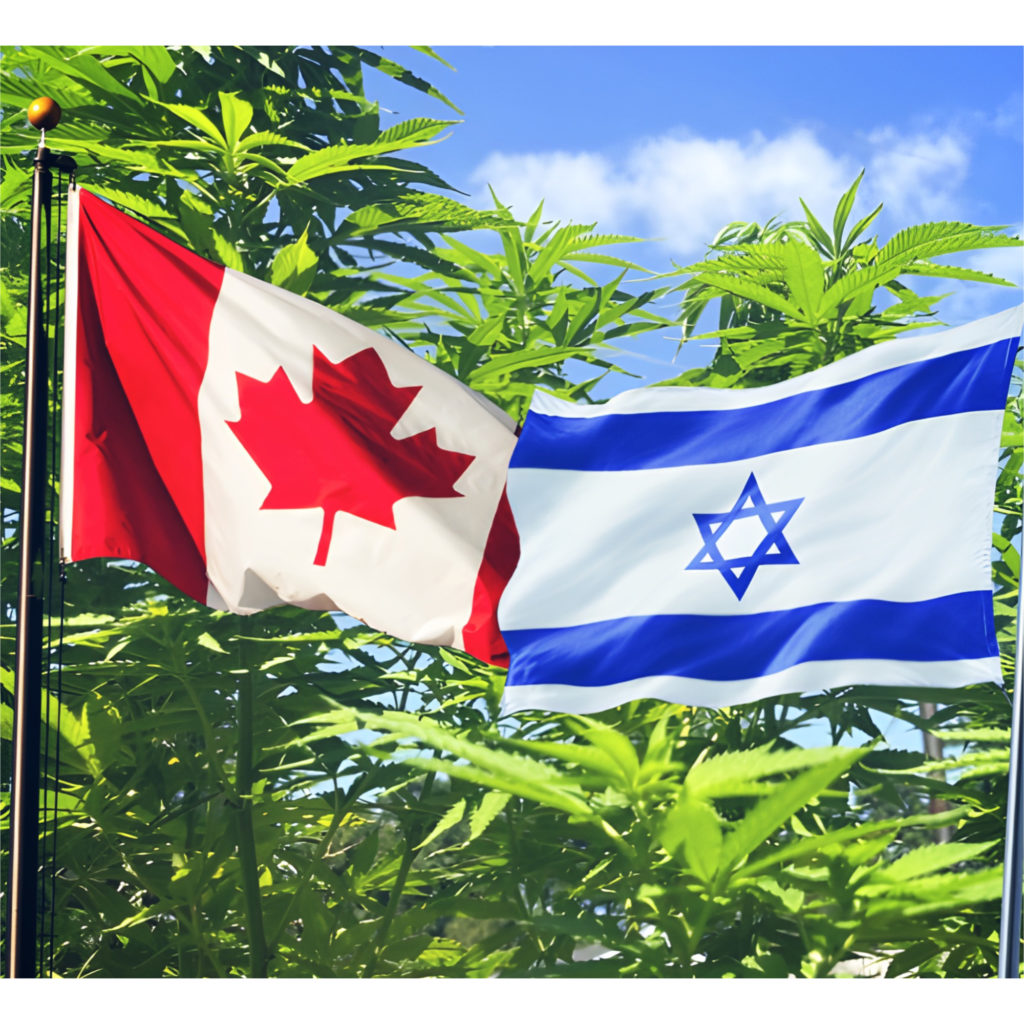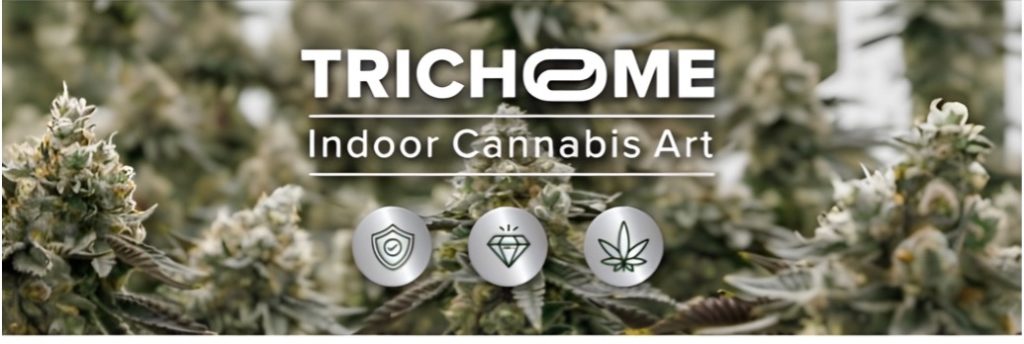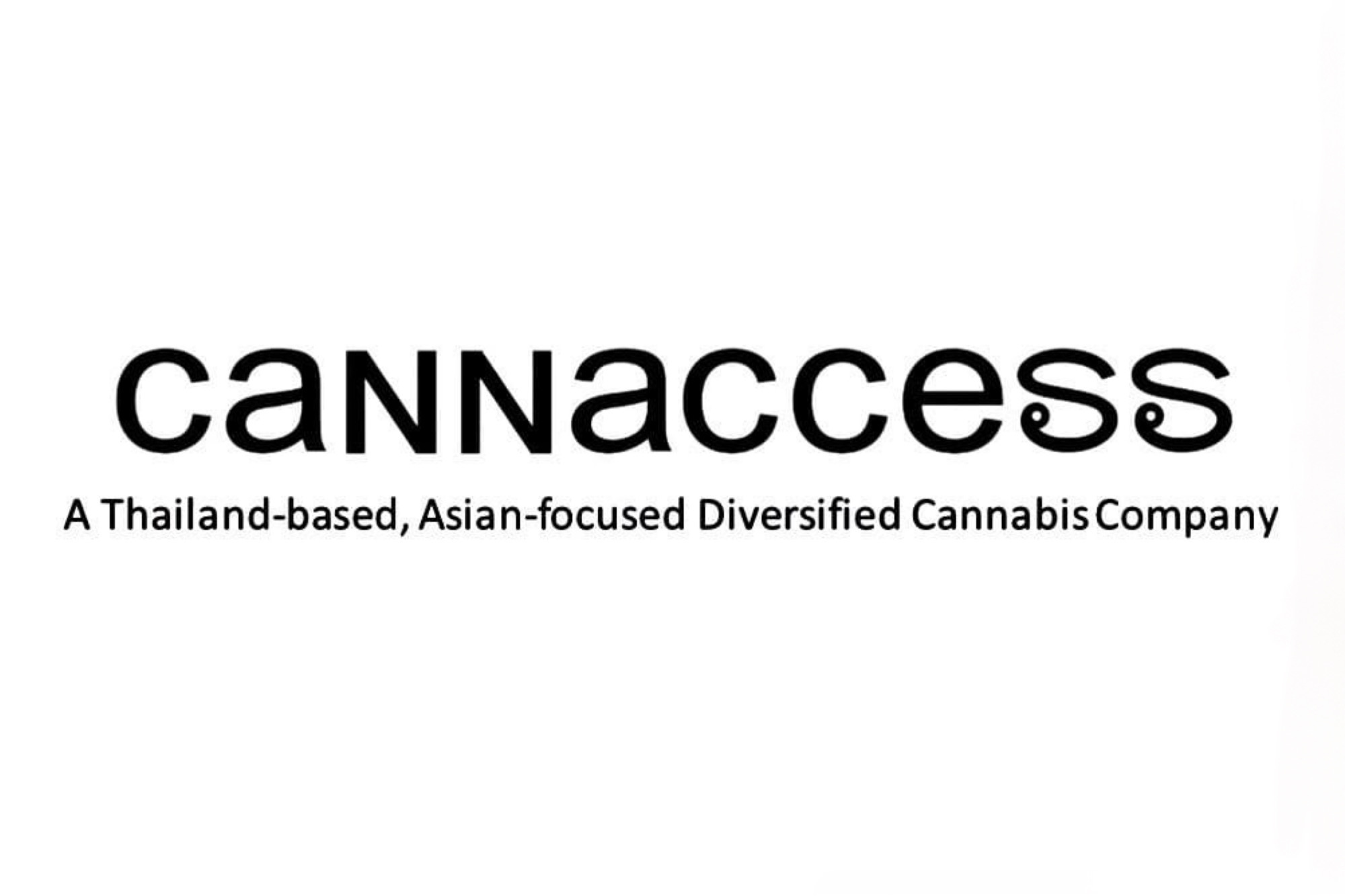Canadian Licensed Producers were shocked to receive a notification last week from Danny Tal, Commissioner for Trade Levies at Israel’s Ministry of Economy, informing them of an anti-dumping investigation concerning cannabis flowers and rolls imported from Canada. The news was met with suspicion by some and approval by others in the Canadian and Israeli cannabis industries.
In his article “Is Canada Dumping Cannabis into Israel?” on his blog Cannabis Management Review, Canadian cannabis consultant Mitchell Osak called the decision to launch the investigation “baffling” and “performative” and stated that:
“It is not surprising that uncompetitive Israeli producers are looking for as much help as they can get.”
However, according to The Israeli Cannabis Report recently published by Prohibition Partners and the Israel Cannabis Association, demand for medical cannabis in Israel is currently around 52 tons per year and local firms’ production capacity is around 100 tons.
“In my opinion, the real question is: why import so much from Canada? Why are these imports growing yearly? In truth, a fresher craft quality product can absolutely be produced within Israeli borders. That is our daily achievement at Trichome. I believe in the Israeli medical cannabis growers; I know they are stepping things up and will soon take back what is theirs!”
In contrast, Tzvi Lefler, CEO of K & K Consultants in Tel Aviv, referred to the investigation as “trippy” and “delusional,” and denied that Canadian imports were adversely affecting the Israeli medical cannabis market:
“During 2022 Israeli companies imported more than 24,000 kg (about 84% of it from Canada) which means that in 2023 there was a significant decrease of about 33% in importing medical cannabis products to Israel. The competition from abroad contributed and is still contributing a lot to the progress of the Israeli medical cannabis market. Without imported products the Israeli market was stuck with Alaska and PK at pretty high prices.”

“As a Canadian I wish our companies wouldn’t have to dump cannabis on international markets to survive. Domestic demand was heavily overestimated, there are costly reoccurring regulatory hurdles and excise taxes are adding to the burden.
Supply and demand have not met, therefore it makes sense that there is downward pressure on domestic pricing and these companies look abroad to stay afloat. If they are selling in Israel under the cost sold in Canada, by law it is dumping. If Israel can prove it, which I suspect they can, then they have a case.”
“It’s important to understand the root cause and underlying market failure domestically. A free market will find equilibrium on its own; however with such costly regulatory burdens, no equilibrium has been found which pushes companies to convert whatever they can to cash to sustain losses. In this case, sell abroad to convert inventory into cash. Losses can only be sustained so long.
Dumping only sustains a failing company for a little longer. It may be ruthless but let us be honest, if these companies are to fail, let them fail for the sake of the Canadian market and for companies like ours that have managed to turn a profit, despite pricing pressure, and stand to win without them in the way. If I were an Israeli company, I too would be irritated with Canadians undercutting me.”

In his notification to Canadian LPs, Tal included a questionnaire that asks for financial information pertaining to the years in question. In his notification about the probe to Mr. Michael Mancini, Chief Commercial Counselor at the Canadian Embassy, Tal emphasized the importance of their answers to the investigation:
“Our findings, regarding whether there is dumping, consequent injury and the duty required, will be determined on the basis of best information available. It is therefore important that every interested party will submit information, evidence, their arguments, and an answered questionnaire.”
The questionnaire includes a link where companies can learn about the practice of “dumping” and anti-dumping international agreements. The site explains that:
“Import dumping is when the export price is lower than the normal price. The rate of difference between these two prices, in relation to the export price, is called the dumping rate.
The normal price is the goods’ selling price in the manufactoring country. If the export price is lower than the normal price (after adjustments made to ensure fair price comparison), that is considered dumped import.”

“The dumping of cheap Canadian cannabis here adds insult to injury to the Israeli cannabis industry which has been hampered by successive Israeli governments for years.
Petty political considerations, with no thought for what has been best for Israeli cannabis farmers, researchers and local and international investors, have nearly decimated what could have been—and perhaps still could be—a flourishing market.”
If Canadian products did cause injury to the Israeli cannabis market, their pricing can be viewed as a violation of fair-trade rules. In response, Israel may impose an import duty. All to say: there is quite a bit at stake in the results of the Commissioner’s investigation.
The discovery and evolution of medical cannabis in Israel in accord with adaptive regulatory frameworks has provided a global model for integrating the use of cannabinoid therapy into medical practice.
However, there is a sense among many Israelis that the regulations on exports coupled with the 2019 decision to allow imports of medical cannabis crippled the industry and precluded their ability to compete in the global market.
Ron Lipsky, an Israeli global industry veteran and Co-Founder of Cannaccess in Thailand, explained that it’s important to understand Israel’s investigation of Canadian imports in the context of a series of misguided judgements by Canadian and Israeli LPs:
“Over the past ten years the Canadian market overextended both the potential of its own consumption and its ability to generate profits by exporting product to various markets.
Israel has been a part of the Canadian Misfire since day 1, when many of the companies that ended up becoming the monsters of the industry brought in genetics, knowhow and the reputation of the rapidly exploding Israeli cannabis market. Every major Israeli company did its tour of Toronto and BC, shilling strains touted for specific medical conditions, clinical experience, and other jewels the Canadian companies would ultimately use to dress up and legitimize their IPO’s and huge fundraises.
But while Canada’s industry prospered, propped up by other people’s money, in Israel, because of political chaos, backdoor dealings and limiting regulations and laws the industry was floundering, only able to find avenues for global dealings via JV’s and Research Projects, losing a golden opportunity to take a pole position in the rapidly emerging global export market.”










